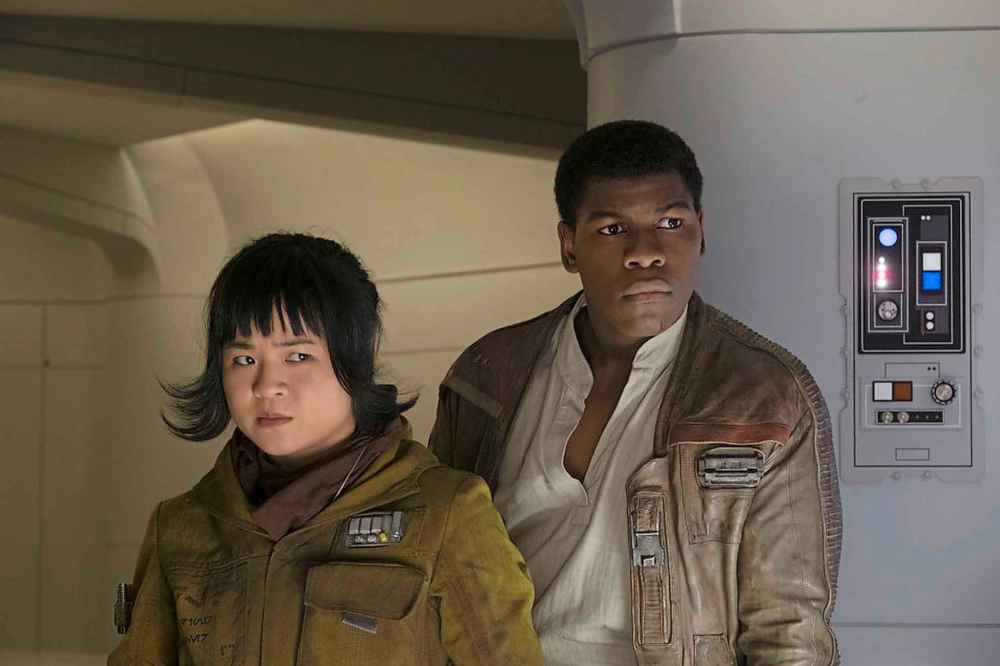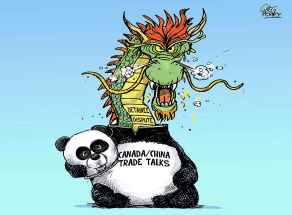Fans’ online behaviour too often inexcusable
Read this article for free:
or
Already have an account? Log in here »
To continue reading, please subscribe:
Monthly Digital Subscription
$0 for the first 4 weeks*
- Enjoy unlimited reading on winnipegfreepress.com
- Read the E-Edition, our digital replica newspaper
- Access News Break, our award-winning app
- Play interactive puzzles
*No charge for 4 weeks then price increases to the regular rate of $19.00 plus GST every four weeks. Offer available to new and qualified returning subscribers only. Cancel any time.
Monthly Digital Subscription
$4.75/week*
- Enjoy unlimited reading on winnipegfreepress.com
- Read the E-Edition, our digital replica newspaper
- Access News Break, our award-winning app
- Play interactive puzzles
*Billed as $19 plus GST every four weeks. Cancel any time.
To continue reading, please subscribe:
Add Free Press access to your Brandon Sun subscription for only an additional
$1 for the first 4 weeks*
*Your next subscription payment will increase by $1.00 and you will be charged $16.99 plus GST for four weeks. After four weeks, your payment will increase to $23.99 plus GST every four weeks.
Read unlimited articles for free today:
or
Already have an account? Log in here »
Hey there, time traveller!
This article was published 10/01/2019 (2526 days ago), so information in it may no longer be current.
It would have been a heartbreaking moment in any hockey game: team captain misses a penalty shot in overtime. A missed opportunity to clinch the game for the home team and move on to the semifinals. In this case, however, the stakes were particularly high: for Team Canada, in Vancouver, in the world junior hockey championship quarter-finals.
The heartbreak was immediate for 20-year-old Maxime Comtois, and when Finland scored a few minutes later to win the game and knock Canada out of the competition, things got ugly.
Not so much in the arena as online, when self-styled hockey fans — many, if not most of them, anonymous — directed their frustration and fury onto Comtois’s Instagram account, deluging him with trollish comments not only blaming him for the team’s loss, but generally attacking him as a player and a person.

It seems there’s always a subset of “fans” who feel the need to heap abuse on the stars of whatever they are fans of, at least in this era of social media in which followers can engage with athletes, entertainers and politicians.
Other recent dumpster fires in the online world have come courtesy of Star Wars “fans” who, when George Lucas’s space opera series was helmed by director J.J. Abrams for The Force Awakens in 2015, attacked the stars based solely on the trailer. Apparently, in the view of some, Stormtroopers in a galaxy far, far away aren’t supposed to be portrayed by black actors such as John Boyega.
And later, following the release of the movie, when it turned out the main character wasn’t another boy wunderkind à la Luke Skywalker, but rather Rey played by Daisy Ridley, a subset of “fans” howled in outrage. Following a torrent of abusive comments on a 2016 Instagram post she made in support of victims affected by gun violence, Ridley deleted her account.
That pattern was repeated when the next Star Wars movie came out — Kelly Marie Tran, an Asian-American actor playing one of the new main characters, Rose Tico, was also harassed on Instagram by outraged fans disappointed by 2017’s The Last Jedi. She, too, deleted her account.
Why does such abuse go unchecked for so long? Why do the people posting such comments decrying a person’s entire career, and worth as a person, based on a single performance feel this is in any way a reasonable, human thing to do?
Part of it may be the nature of celebrity culture, in which athletes and actors are made into stars, and some feel lobbing insults at them is a way of bringing them down to Earth.
Perhaps it’s the freedom from accountability, social or otherwise, that anonymity grants.

It could be that in the tradition of a fandom for a culturally significant pastime, such as hockey or Star Wars, the people who’ve made loving it part of their identity may feel they have some ownership of it.
And if things don’t go their way — such as a home-ice loss on the world stage, or new characters replacing old favourites — they feel attacked, and hit back.
That’s no excuse. In fact, there is no excuse.
The ability to interact with the most famous and powerful people in the world is pretty heady stuff. But the people who abuse that privilege are going to ruin it for the rest of the online community, until nothing’s left on social media but trolls trolling trolls.









